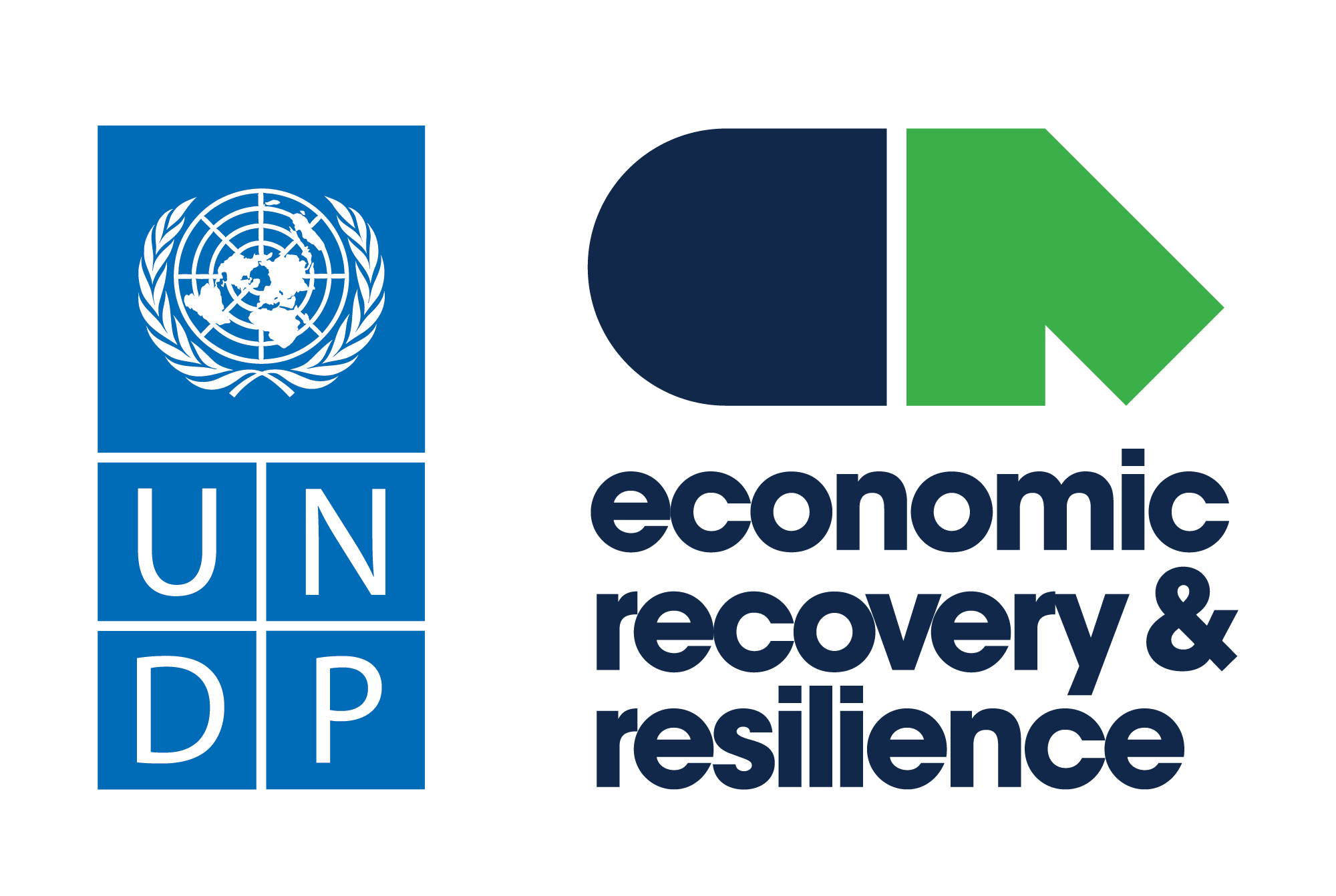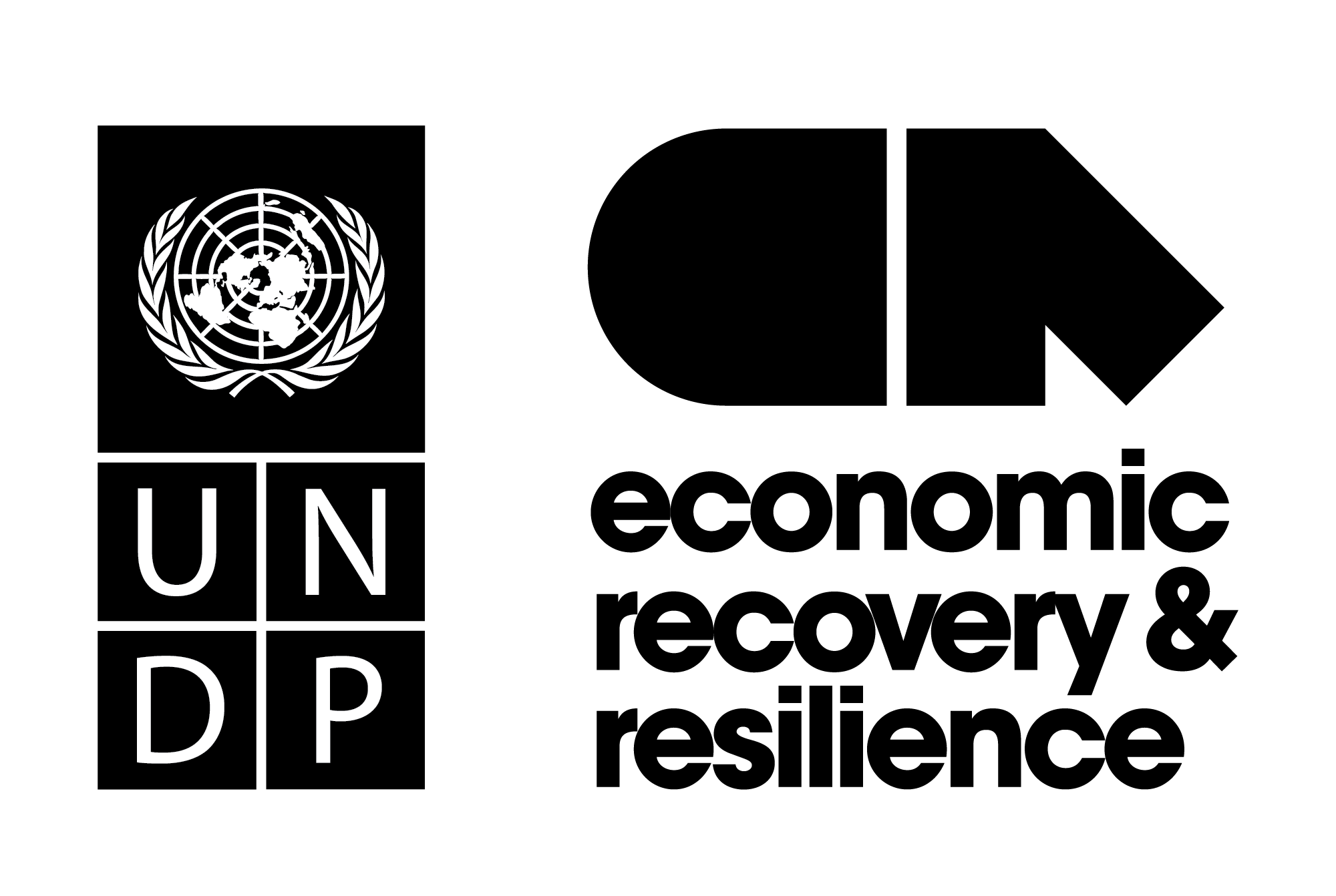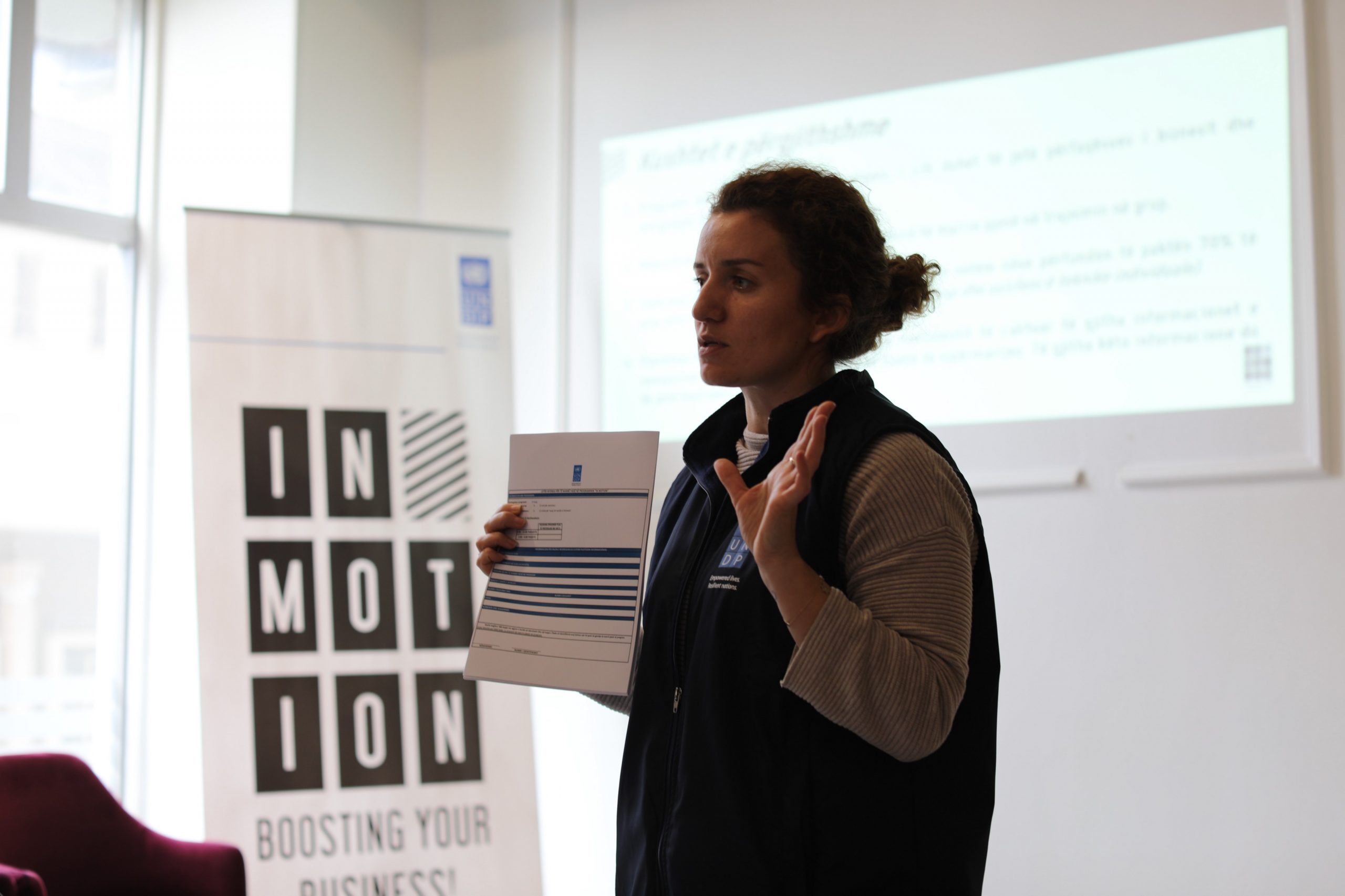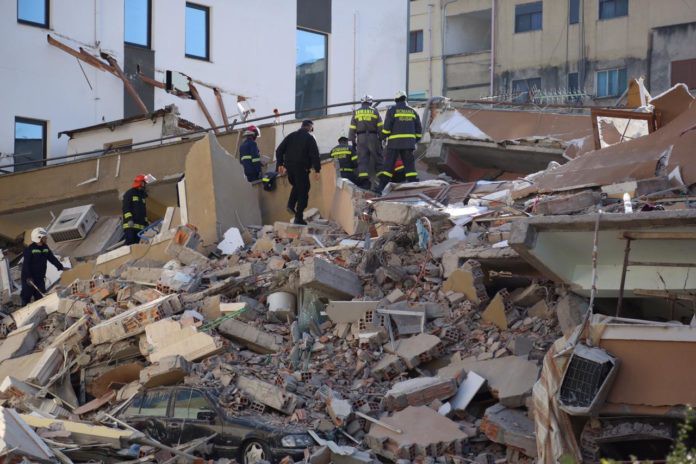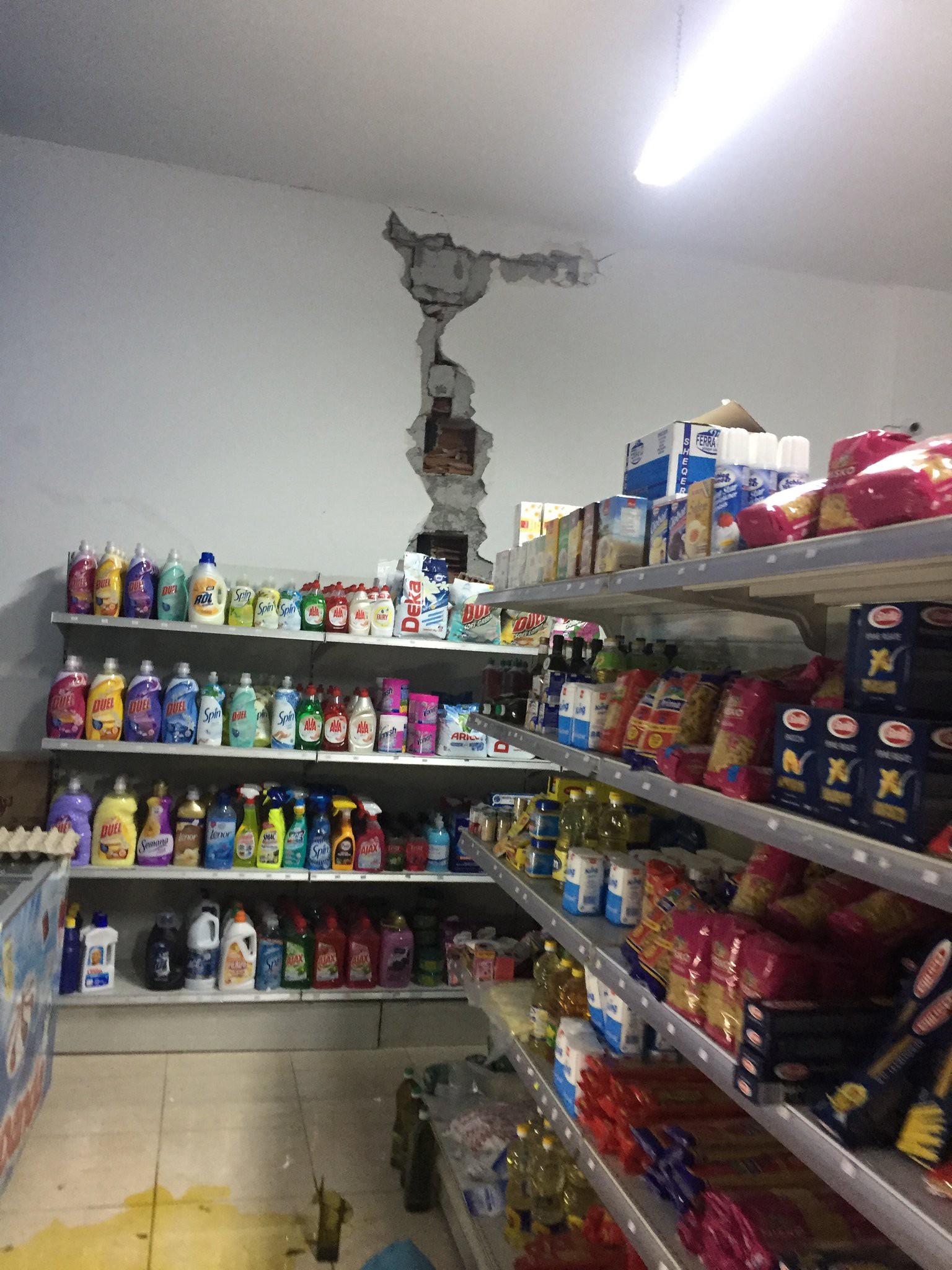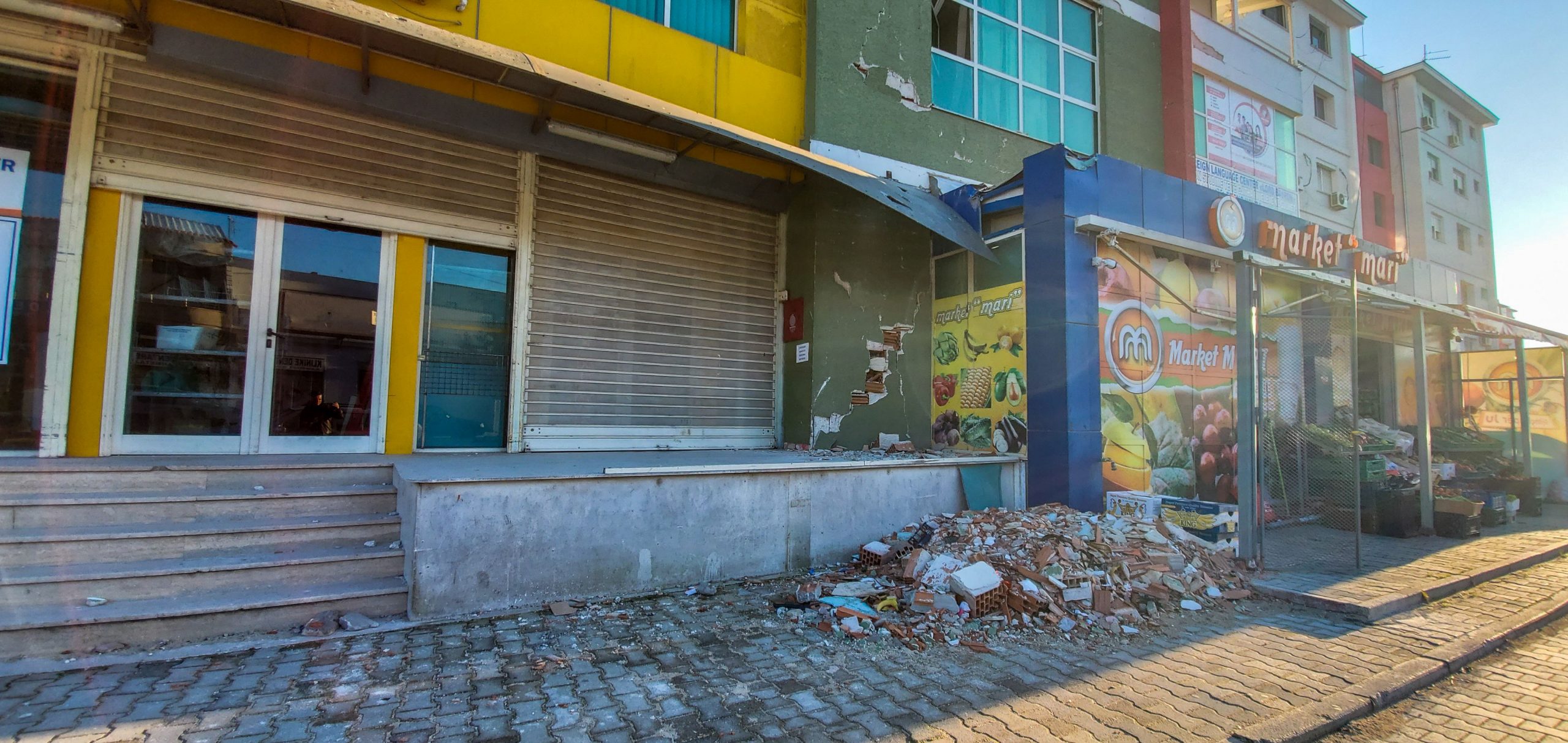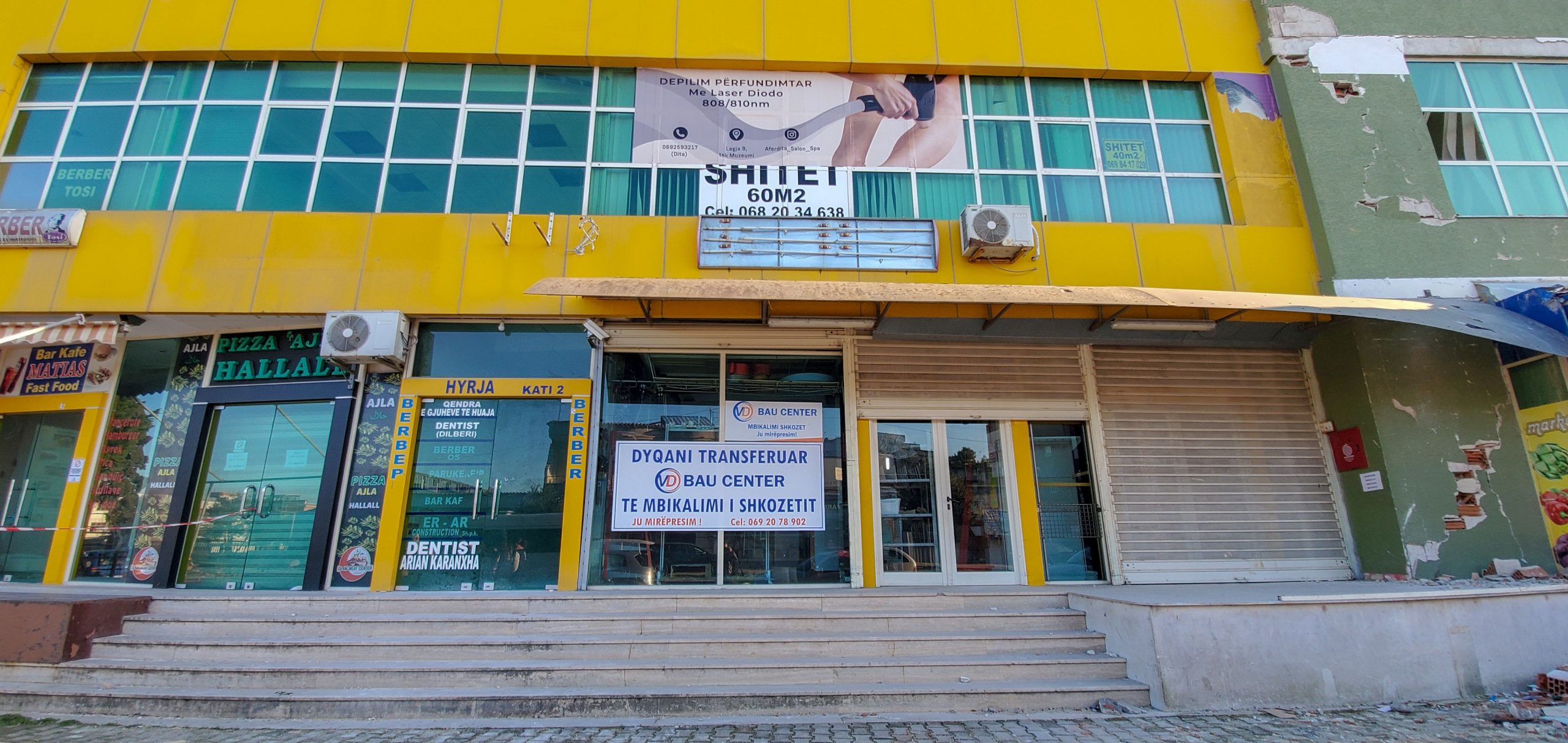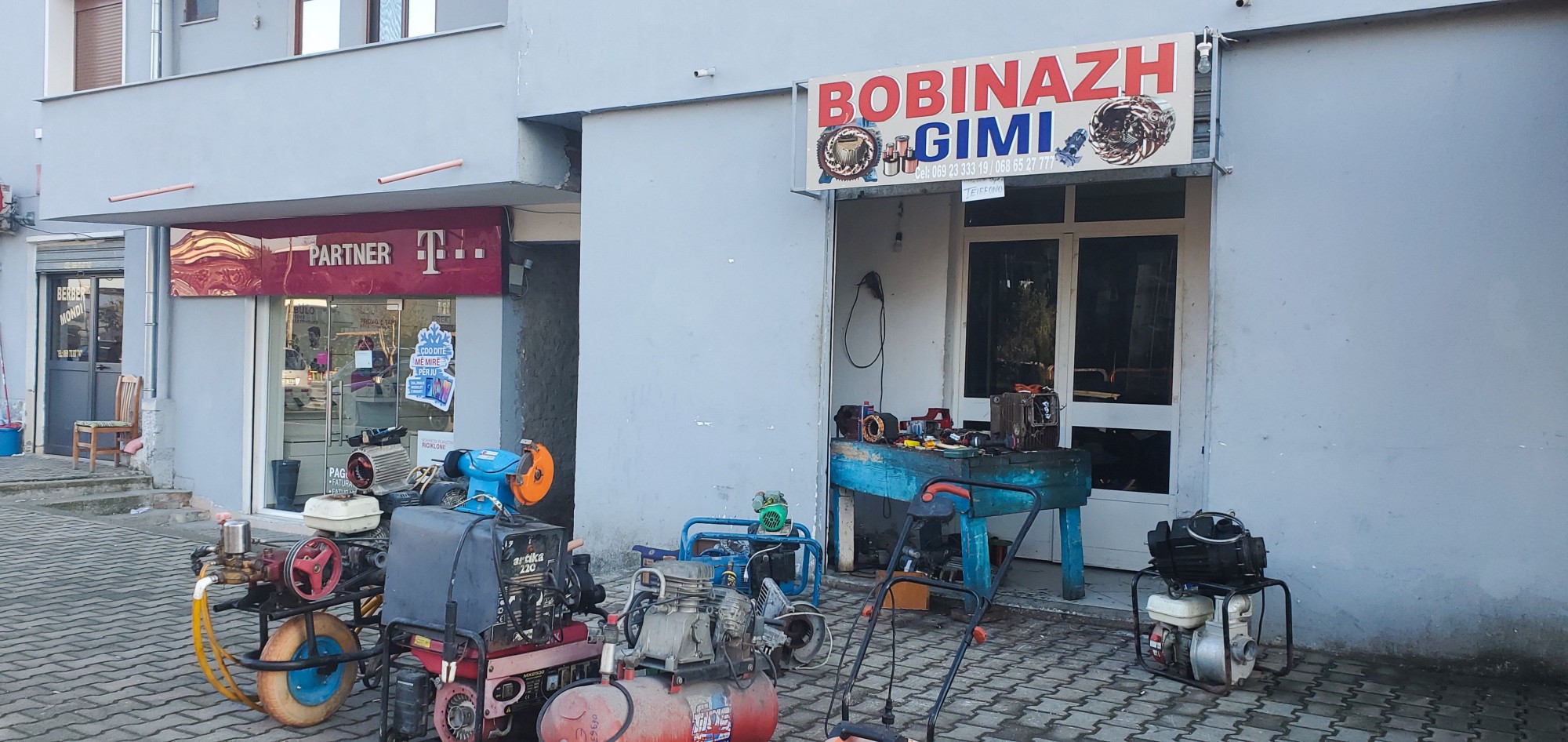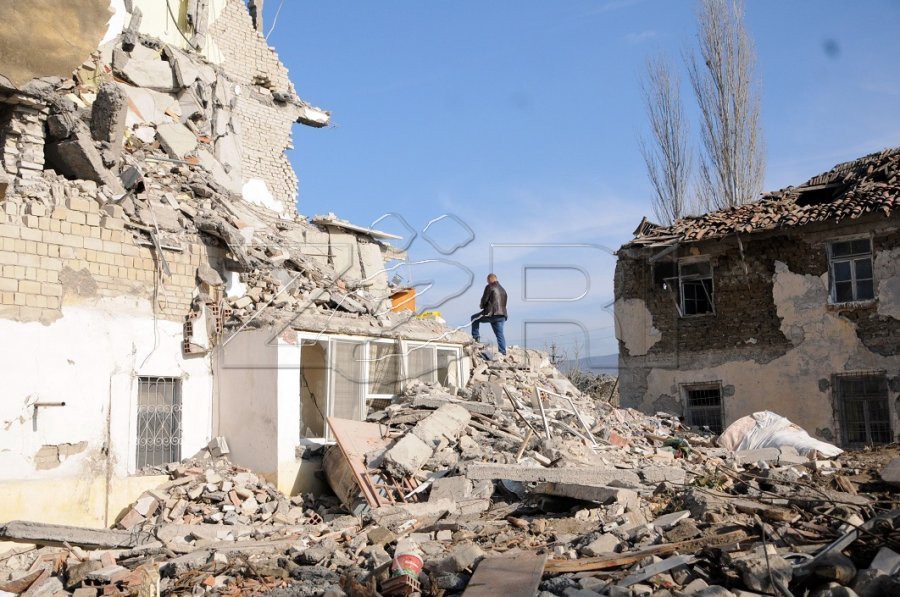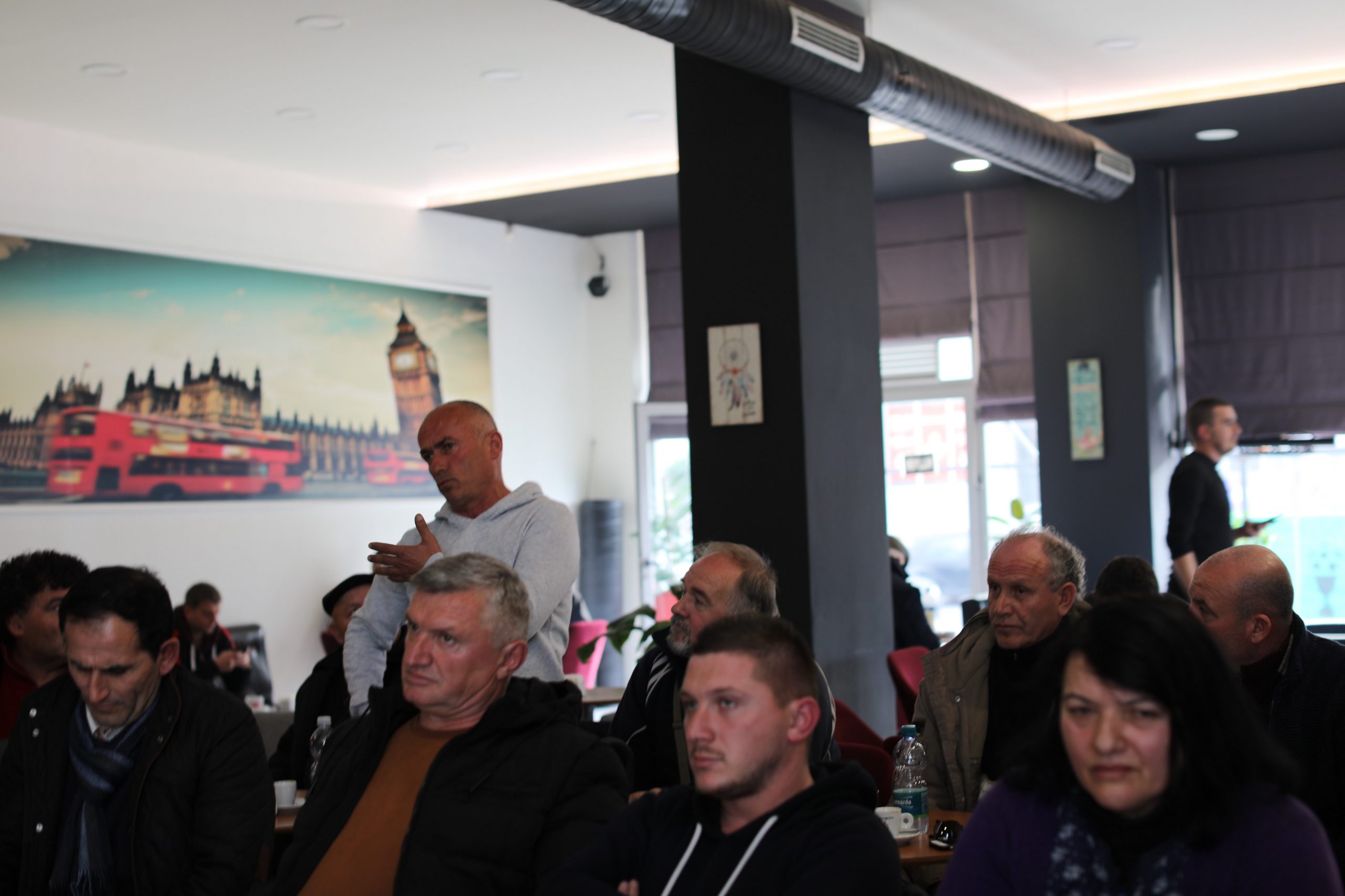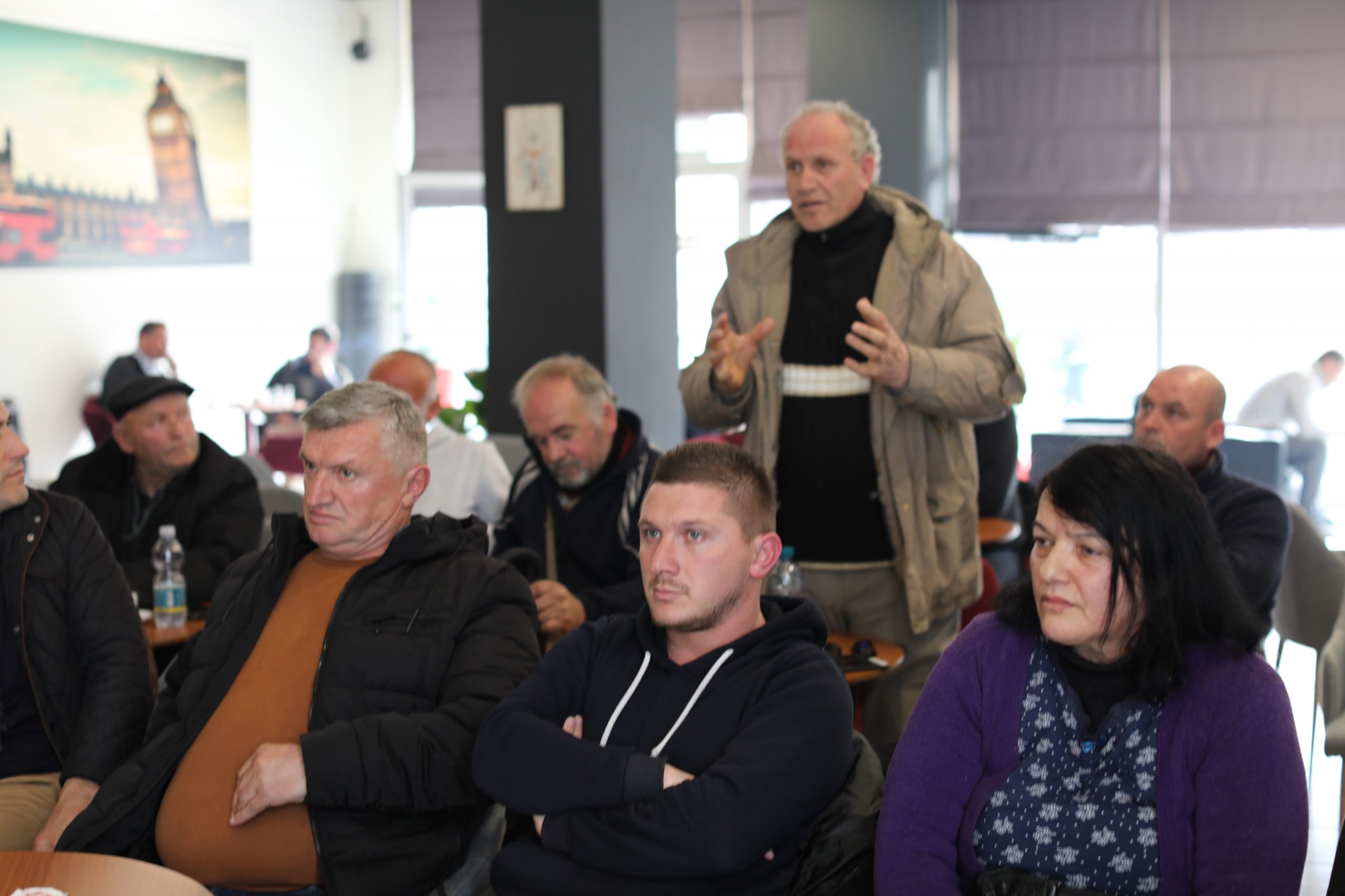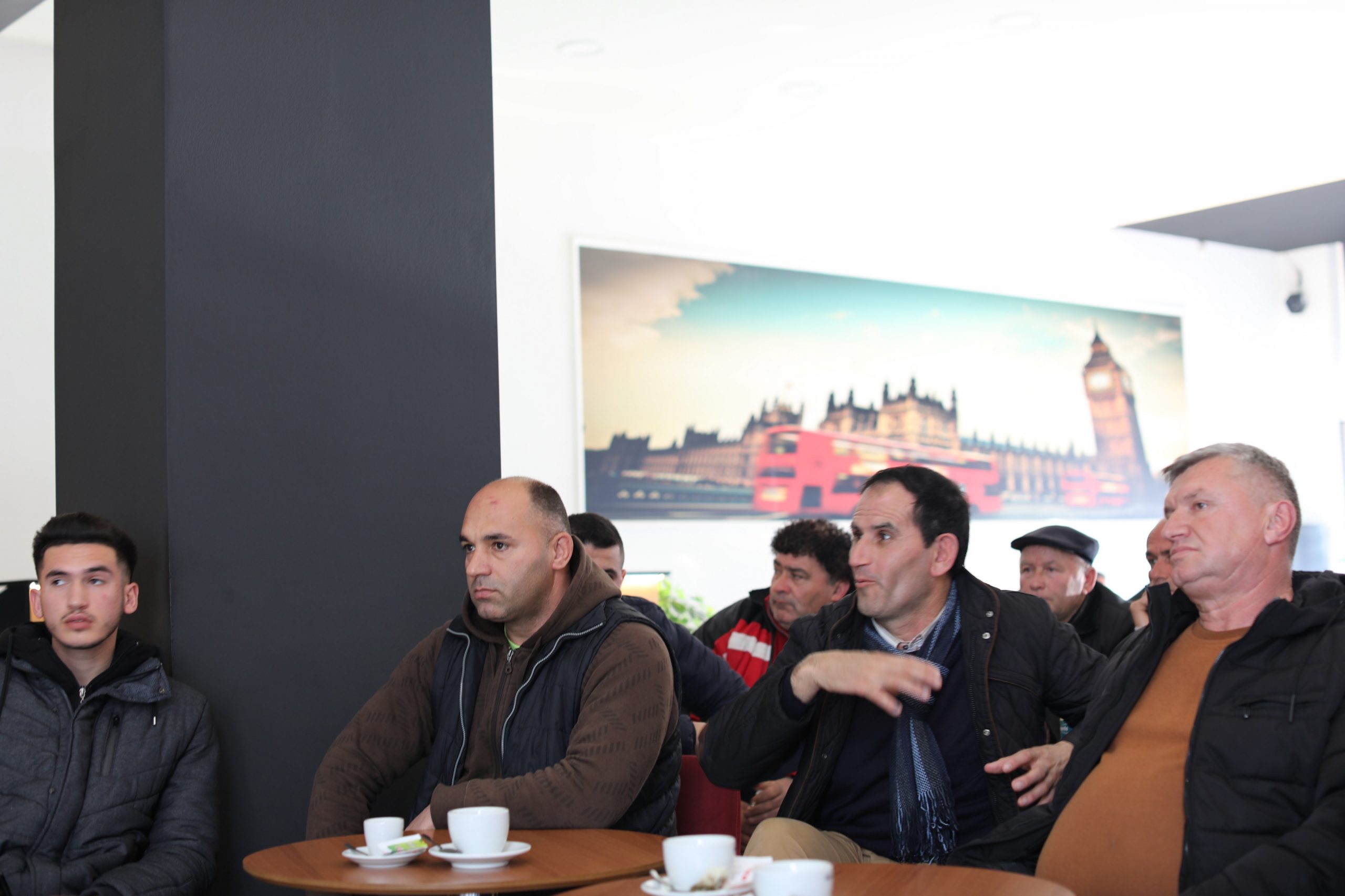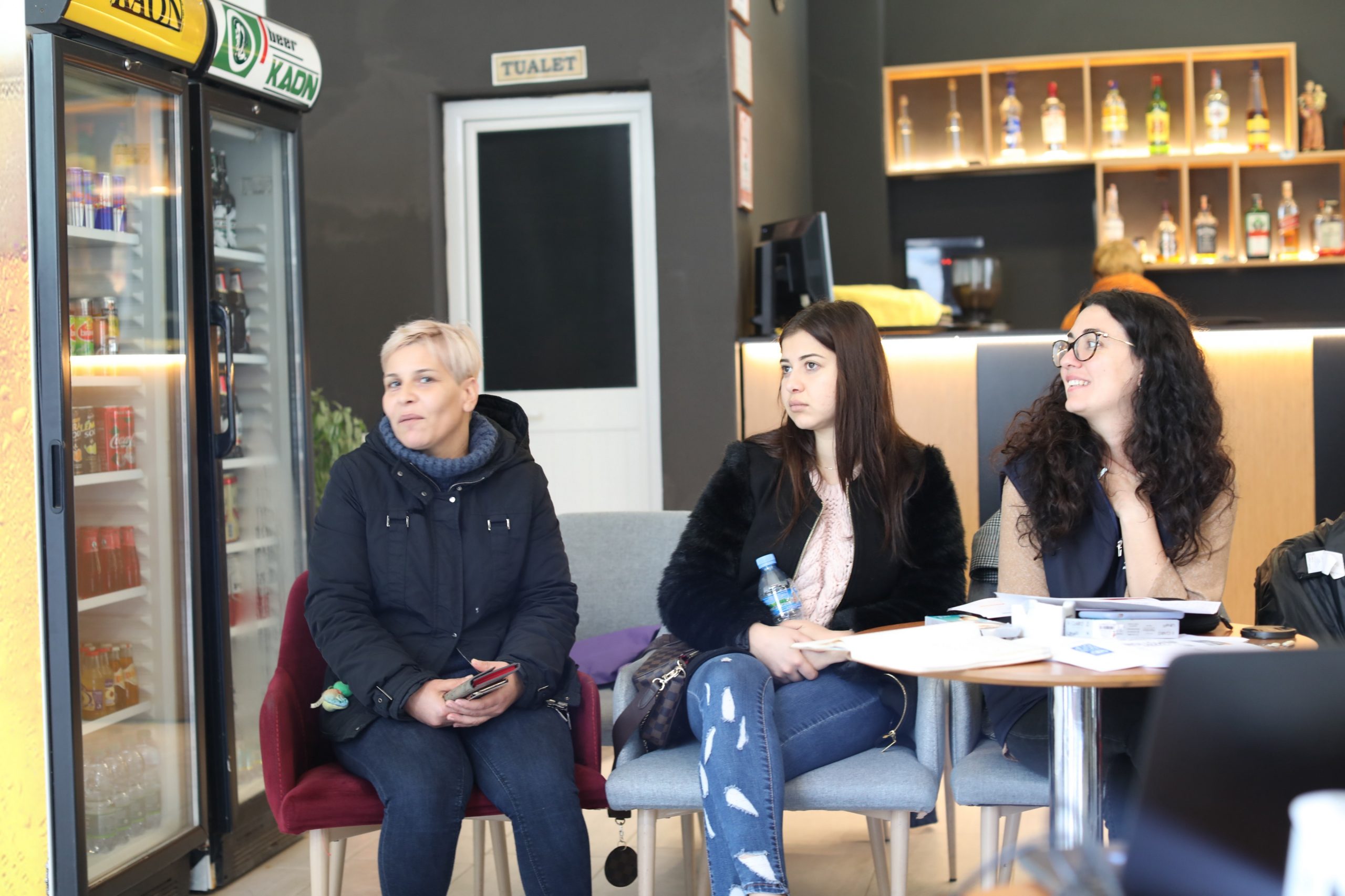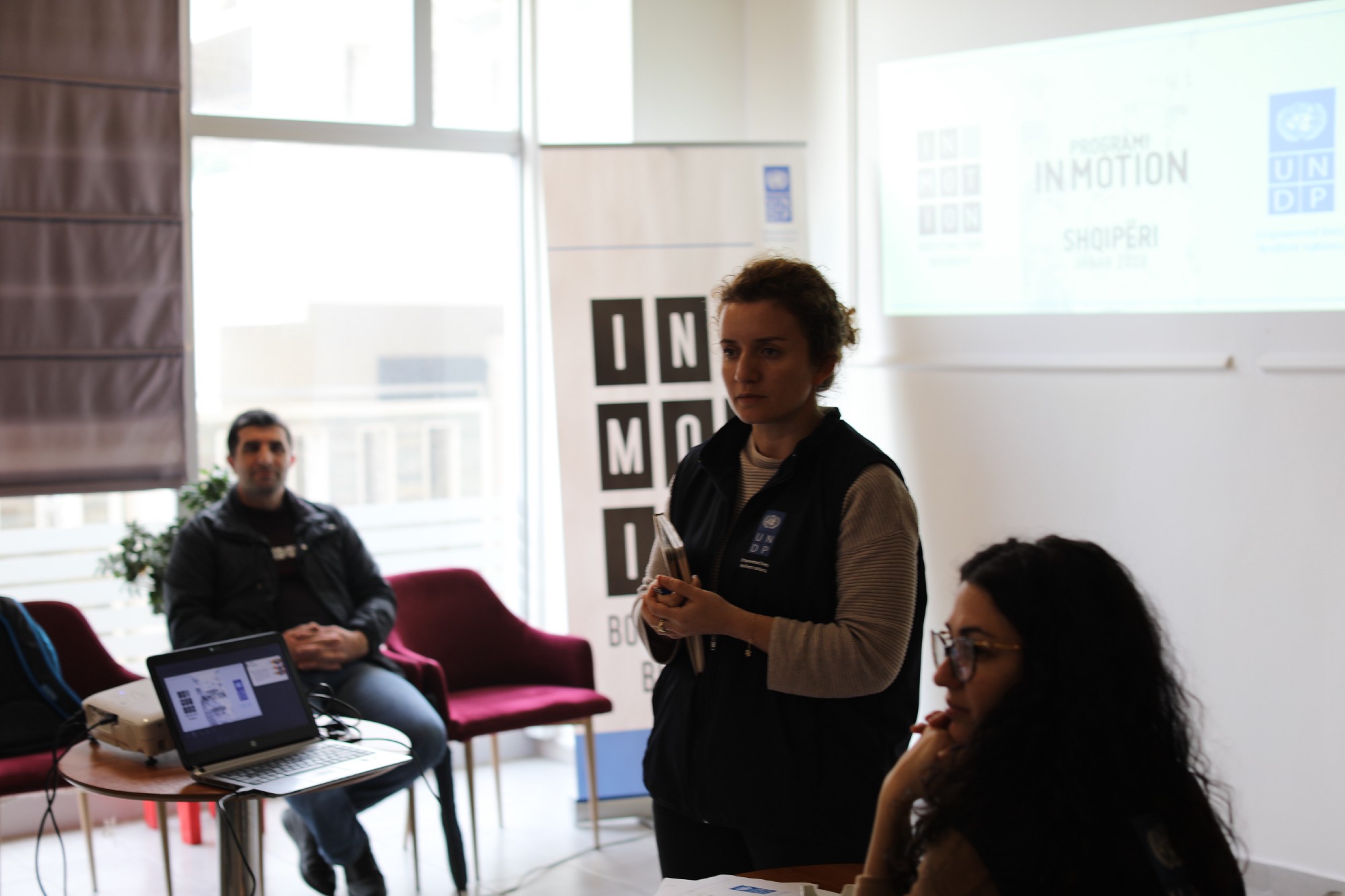On the morning of the 26th of November, when I went to my Lamp Store, I was shocked. Hundreds of lamps were broken into what looked like millions of pieces. Four thousand dollars of losses. My biggest challenge was how to finance business recovery but also simultaneously cope with the damage of my own home. I have employed three people in this business and although the revenue is 80 % less, compared to the period before the earthquake, I still need to keep them in their jobs.
Mariglen Lila, from a Lamp Store in Durrës.
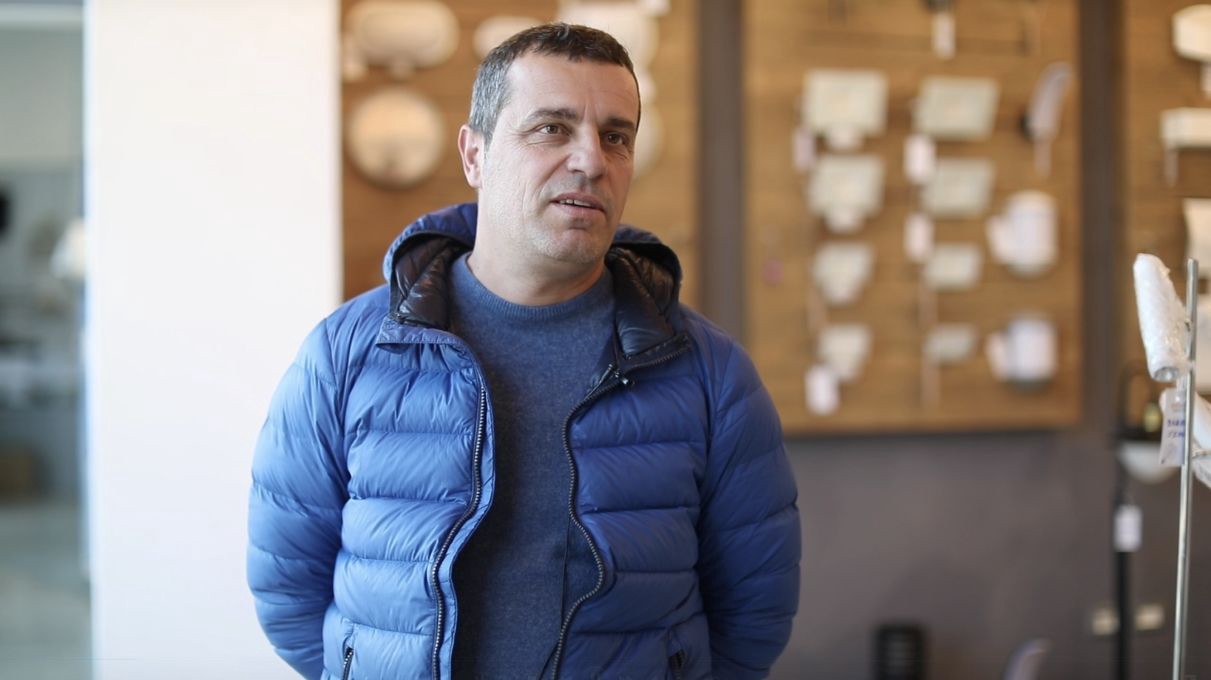
My family and I are lucky to be alive after such a disaster. Our house was close to collapsing. Our family business — a grocery store is on the first floor of the building. When I went in, I saw merchandise and broken bottles lying all over the place. Almost 70% of my inventories were on the floor. Ceiling tiles had fallen along with items and were scattered everywhere. The power went out, so most of the refrigerated items got spoiled quickly and I had to throw them away. Economic damage: Around three thousand dollars
Agim, one of the family members running the grocery store
We had a little shop where we make doughnuts and pie. They are our beloved treats on the run. They’re a quick breakfast, a workplace snack, and a family favorite. My clients are mostly children and grownups from the neighborhood who usually buy them on their way to school or work. I run this shop together with my wife. We suspended our activity because the walls of the shop collapsed and destroyed the cooking stoves and other equipment. We lost everything. This means no income and consequently very little food on the table for our five children”
Ali, who runs the shop with his wife
After the earthquake, many businesses were unable to continue their normal operations impacting severely the flow of services affecting livelihoods and communities thus causing direct business losses but also indirect losses and economic ripple effects.”
Xheni, a student of Tirana Business University
These are but a few voices of those affected by the 6.4 magnitude earthquake that shook Albania on 26 November. The main affected economic sectors are tourism, the manufacturing sector, and commerce. Similar disasters speak to the fact that these kinds of natural catastrophic events have a more negative impact on micro and small enterprises that are generally family-run.
As a result of the earthquake, 51 people died, 1000 were injured. A total of 222,778 people were affected. 10,225 displaced people were accommodated in 12 shelter locations, 3,613 in hotels.
Businesses serve as the backbone of Albania’s economic strength. Microbusinesses alone account for more than 94% of all companies in Albania (with up to 4 employees), which employ around 38% of all private-sector workers.
While the Post-Disaster Needs Assessment (PDNA) is being prepared, initial results indicate significant market disruption, loss of livelihoods and employment opportunities in the affected areas negatively affecting incomes and creating even greater challenges for households, neighborhoods, and communities as they attempt to recover from disasters.
Limya Eltayeb, UNDP Resident Representative in Albania said: “UNDP is recognized worldwide as a leader in assisting countries in crisis response as well as reconstruction and recovery efforts as a transition to resuming long-term development. On the ground all over the country, UNDP has the expertise, the technical resources and is well-positioned to offer emergency employment and enterprise recovery support to both men and women”.
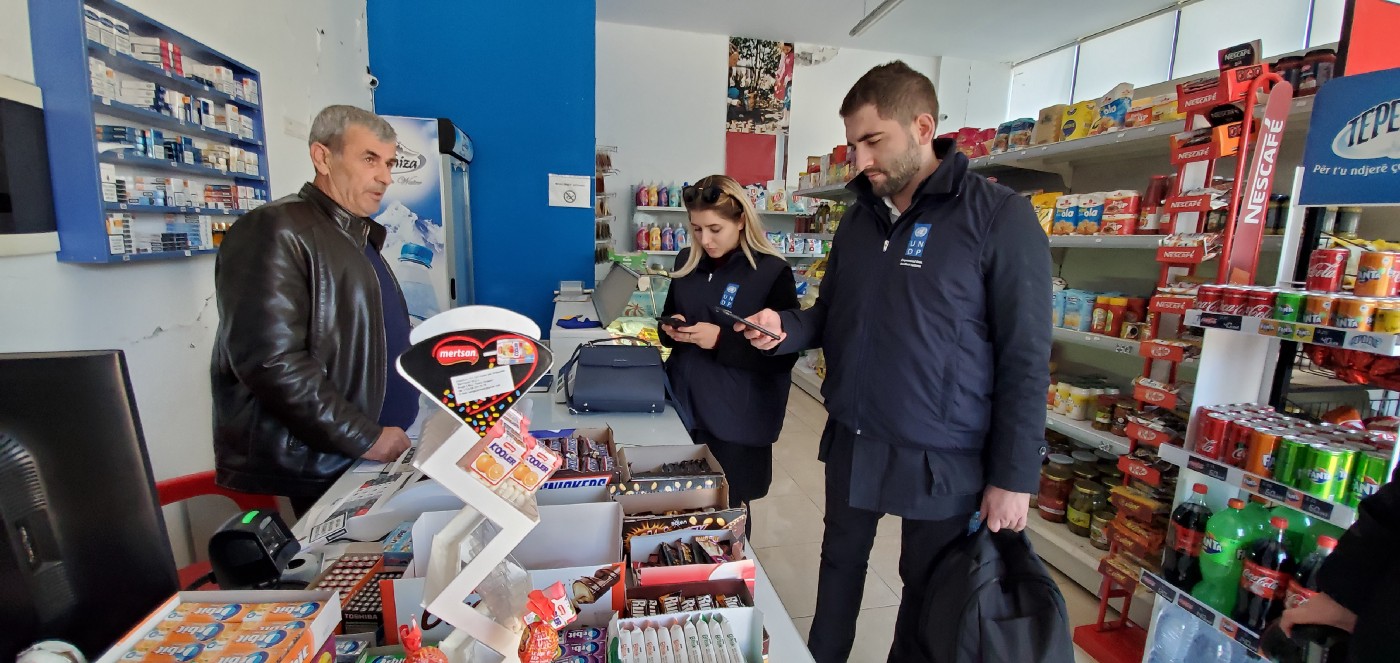
As a follow-up, UNDP kicked off a pilot intervention that aims to stabilize livelihoods and improve the social and economic conditions of some of the affected micro-enterprises. The intervention deployed is UNDP’s “In Motion” methodology, which has been successfully tested in other countries affected by natural disasters.
The pilot intervention will undertake a situational diagnosis of the local economy and pilot the “In-Motion” Programme at a small scale. This can then be replicated at a larger scale as part of a broader Economic and Enterprise Recovery Programme.
To get an accurate picture of the level of disruption in the local businesses and make an informed decision on the UNDP’s support to the local economy, it became imperative to understand the situation. In partnership with Tirana Business University, teams of students travelled to the hardest-hit areas in Durres, to talk to small and micro-enterprise owners. Findings indicate many infrastructure damages in businesses, total or partial loss of merchandise, sales breakdown, loss of customer base because people have abandoned their homes, and loss of hope to restart.
On January 27th, UNDP brought together owners of the most affected micro-enterprises to present “In Motion” Programme and its benefits. 20 of them signed letters of commitment. Work with them has already kicked off. The programme aims to facilitate the reopening of 20 existing damaged micro-enterprises, increase the entrepreneurial skills, provide grants for the purchase of equipment as well as the creation of the commercial image.
This article also appeared on Medium.
